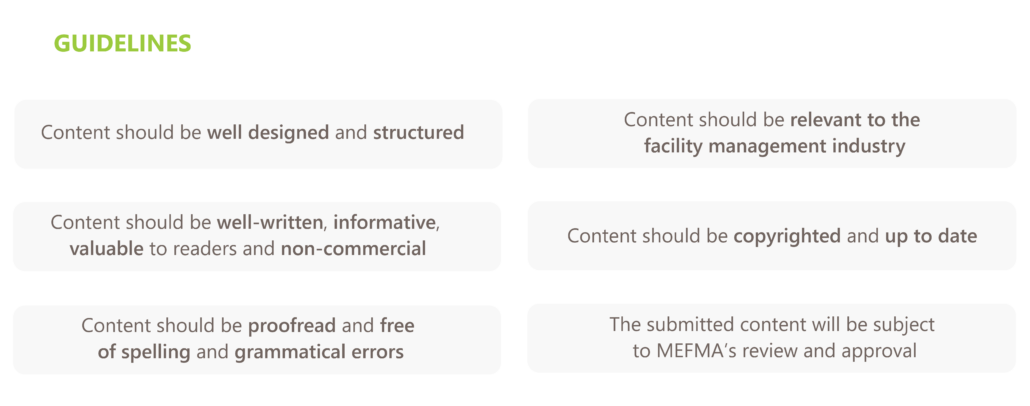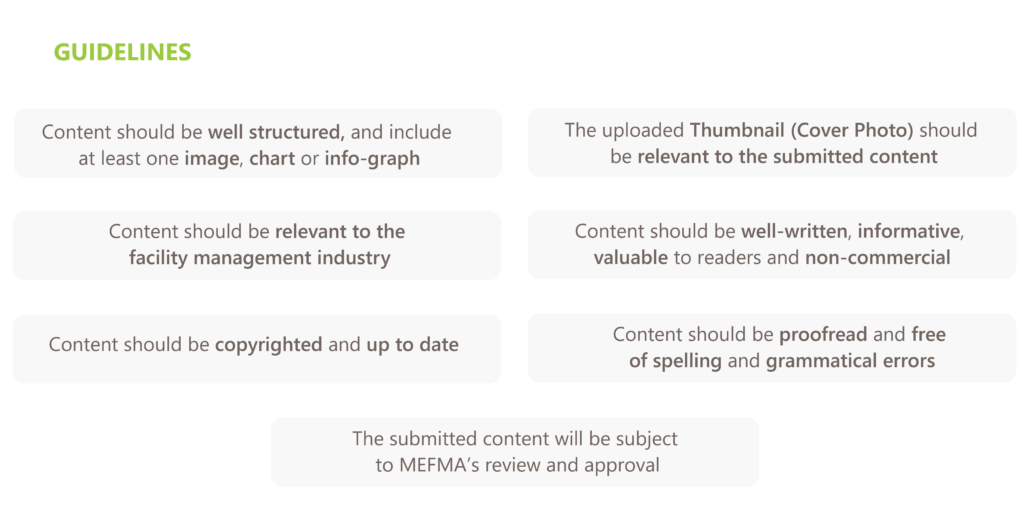3 Things You’ll Never Find in a Facility Management Manual… But They
In the world of facility management, we are trained to rely on structured procedures, international standards, and technical guidelines. Manuals give us frameworks, KPIs, and operational benchmarks. They help us define what to do, how to do it, and when to act.
But here’s what they don’t tell you:
Sometimes, doing everything “by the book” isn’t enough.
Because in the field, reality often writes its own rules — and those rules are only mastered through experience, intuition, and leadership.
Facility management is not just a matter of managing systems
— it’s about managing uncertainty, navigating people, and reacting to what no procedure prepared you for. The most valuable tools aren’t always technical.
Sometimes, they’re human. Over the course of more than 20 years in the FM industry, working across Egypt, Saudi Arabia, and the GCC, I’ve come to recognize three truths that are rarely discussed, yet consistently make the biggest difference.
1. Calm Control in Chaos
No manual can truly teach you how to feel — or how not to react — when disaster strikes. It’s in those critical, high- pressure moments that the real essence of leadership in facility management is tested.
When a vital system fails in a hospital, a fire alarm goes off in a data center, or a power outage hits a government facility, time doesn’t pause for you to review procedures. The clock is ticking. Stakeholders are watching. Every second counts — and what you do next defines your value far more than any certification ever could.
Will you panic and escalate the chaos? Or will you take a measured breath, assess the situation, and lead decisively?
Will you freeze, hoping someone else steps up? Or will you calmly coordinate your team, delegate responsibilities, and restore order?
When systems collapse, people don’t turn to dashboards or reports — they turn to people.
Your presence of mind, confidence, and clarity under pressure is the real emergency response system.
And that calm control? It’s not in the manual. It’s in you.
2. Reading the Silent Language of Buildings
Every facility is alive in its own way — and like any living system, it communicates. But not through words or screens. It speaks in patterns, pulses, and subtle shifts that most people overlook.
A faint vibration under a specific corridor.
A draft of warm air where it should be cool.
A mechanical hum that’s slightly off from the norm.
The smell of insulation warming before a system overheats.
Tiny signs, barely noticeable — unless you’ve trained your senses to listen.
These are the messages that buildings send before failure. They don’t show up in BMS dashboards or routine reports. They’re not highlighted in audits. But seasoned facility managers — those who spend time on the ground, observe, and reflect — learn to detect them early.
Great FM isn’t just about managing data.
It’s about understanding environments.
You’re not just a system operator — you’re a building interpreter.
And in many cases, your intuition and sensory awareness are the most advanced predictive tools you have.
The manuals may give you readings.
But only experience teaches you how to feel a facility’s health — before it breaks down.
3. Relationships Matter More Than Contracts
Service-level agreements (SLAs) outline performance targets, response times, and legal obligations. They provide structure and accountability. But when things go wrong — and they will — your most reliable allies won’t be hidden in the fine print. They’ll be the people who believe in you, not just work for you.
It’s the vendor who answers your call at 2 a.m. without hesitation.
The technician who gives more than required, simply because they respect how you lead.
The supplier who pulls strings to prioritize your project during a supply chain disruption.
These acts of loyalty don’t come from contracts — they come from relationships you’ve built over time, rooted in fairness, transparency, consistency, and simple human decency.
You see, contracts expire. Budgets change. Teams rotate.
But trust? Trust outlasts paper.
The strongest FM leaders don’t just manage vendors — they cultivate partners.
Because in the end, people will go the extra mile not because they have to… but because they want to.
Conclusion: What Manuals Don’t Teach
Facility management is evolving. Technology is advancing.
But even with AI, automation, and predictive analytics — the things that make the biggest difference still lie in the human dimension.
- Your mindset under pressure.
- Your connection to the environment.
- Your ability to inspire trust.
These are not bullet points in a handbook.
They are lived truths — the kind you only discover when you’re in the field, sleeves rolled up, and responsibility on your shoulders.






